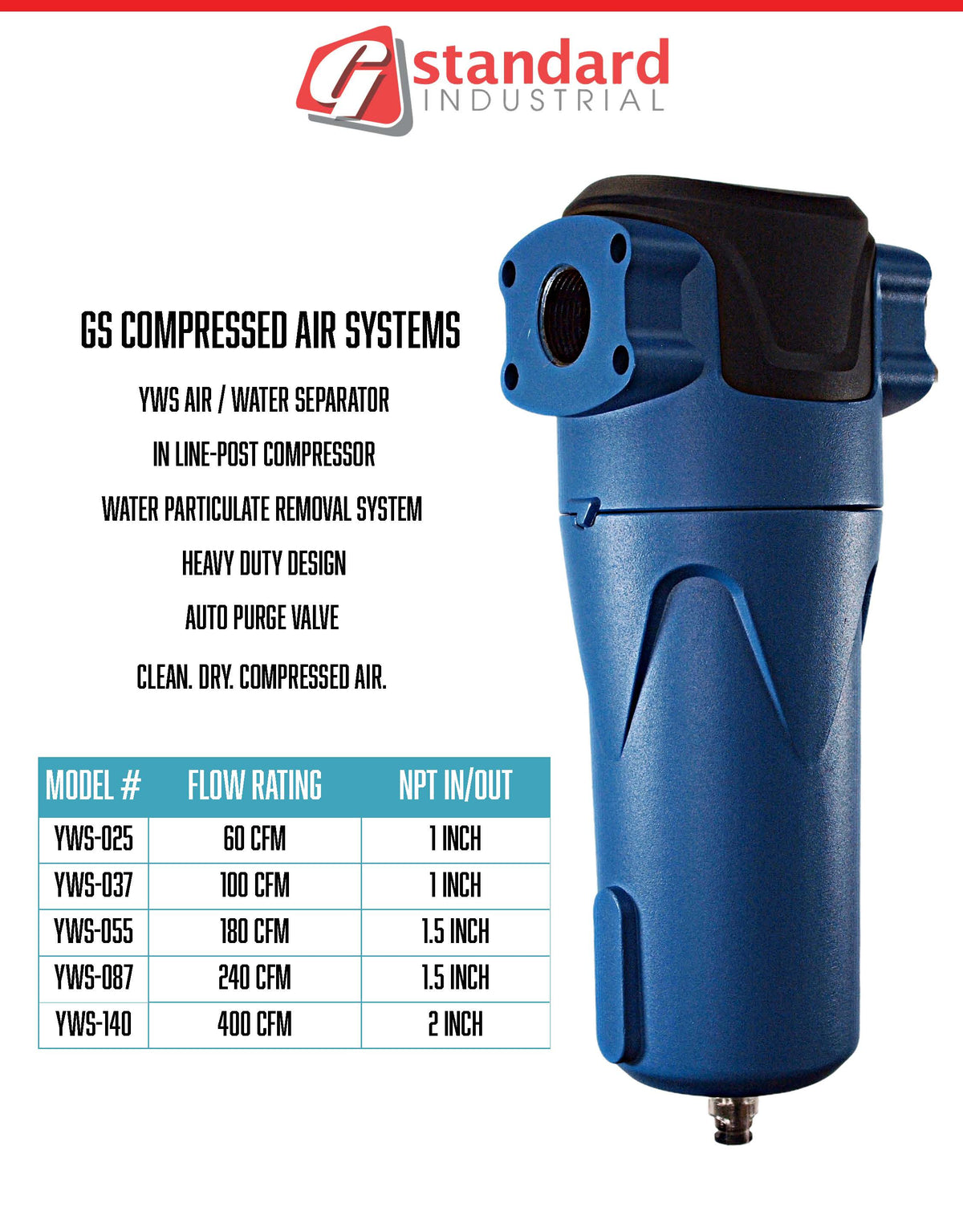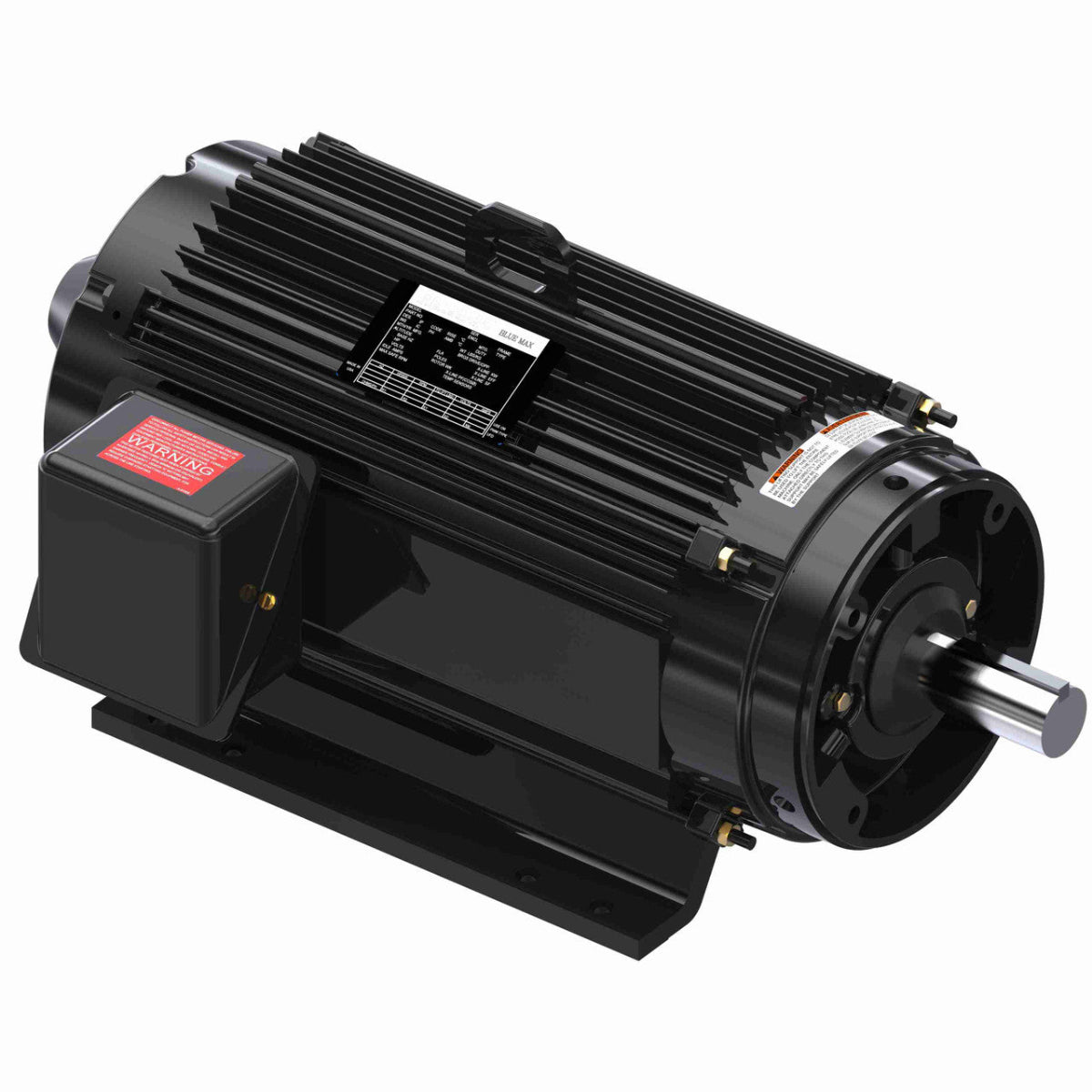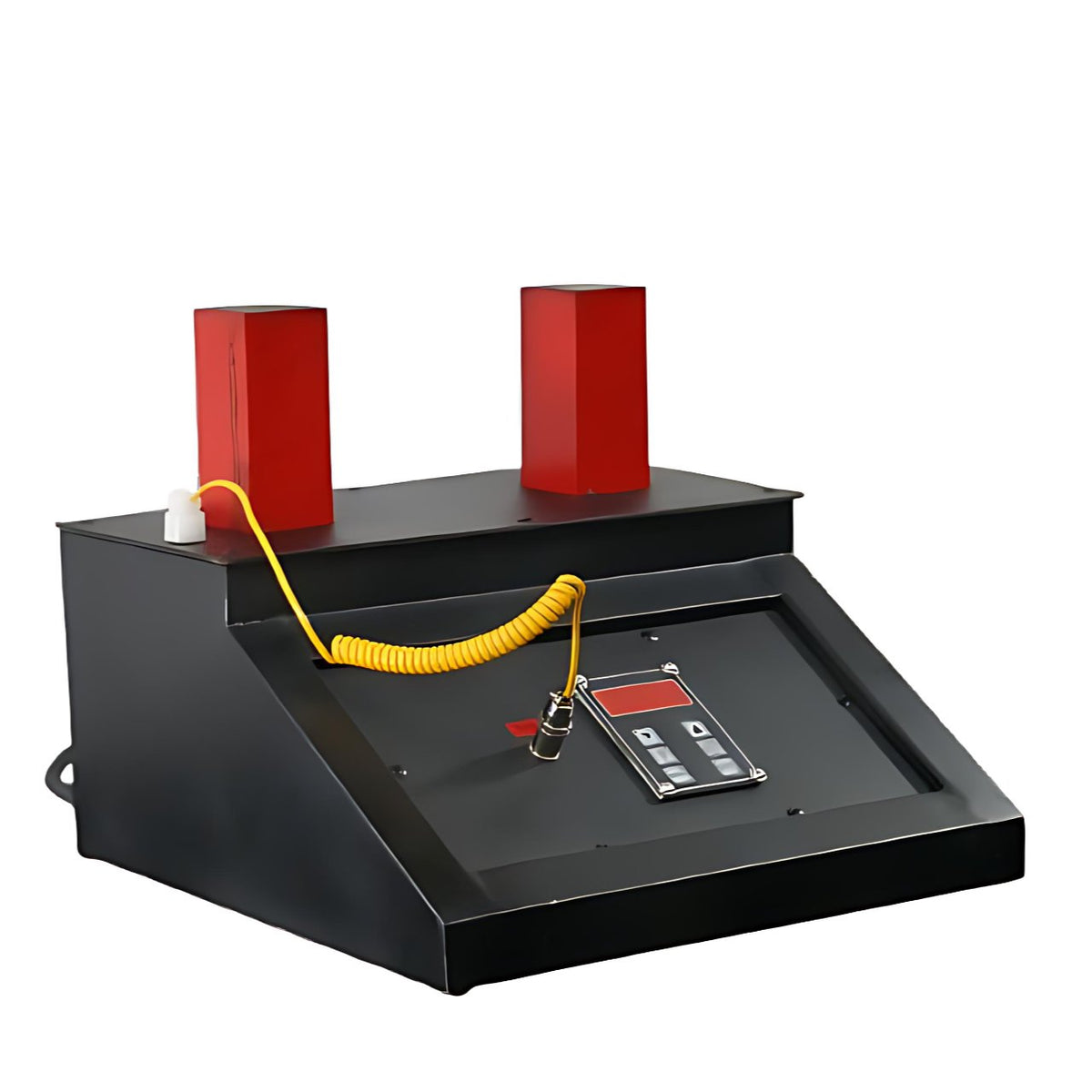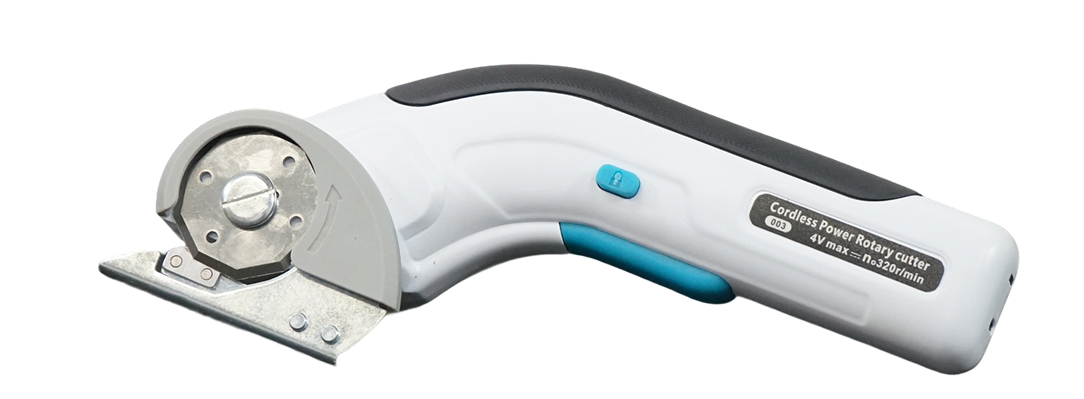Introduction
In modern manufacturing, energy efficiency is not just a buzzword—it’s a business imperative. Air compressors account for 10% of all industrial electricity use (U.S. DOE). For facilities running 24/7, inefficiencies in compressed air systems can translate into tens of thousands of dollars in waste annually.
ISO 1217 Testing Standards
ISO 1217 defines standardized testing methods for air compressor performance. Key metrics include:
-
Specific Power (kW/100 CFM): Measures energy needed to produce air.
-
Capacity (CFM at pressure): Ensures advertised performance matches real-world operation.
-
Power Consumption: Provides apples-to-apples comparison across brands.
GS Compressors routinely perform at the top end of ISO-certified efficiency ratings, ensuring customers get maximum output per kilowatt.
Variable Speed Drives (VSD)
GS offers VSD options that adjust motor speed to match demand, reducing energy use by 20–35% in variable-load environments.
Right-Sizing Compressors
Over-sizing is a common problem that leads to energy waste. GS engineers analyze actual CFM requirements and design compressors to match demand, avoiding unnecessary costs.
Lifecycle Cost Analysis
Energy costs over 10 years for a 100 HP compressor:
| Brand | Energy Cost (kWh/year) | Total 10-Year Cost |
| Low-Cost Generic | $42,000 | $420,000 |
| Mid-Tier Brand | $37,000 | $370,000 |
| GS Compressor | $33,000 | $330,000 |
Savings of $90,000+ over 10 years are possible when factoring in energy efficiency, VSD, and proper sizing.
Environmental Impact
Energy-efficient compressors reduce carbon emissions, helping facilities meet ESG and sustainability goals.
Conclusion
Energy efficiency isn’t optional—it’s critical for cost reduction and environmental responsibility. GS Compressors’ advanced engineering, ISO-certified performance, and custom solutions make them a leader in sustainable compressed air systems.




0 comments